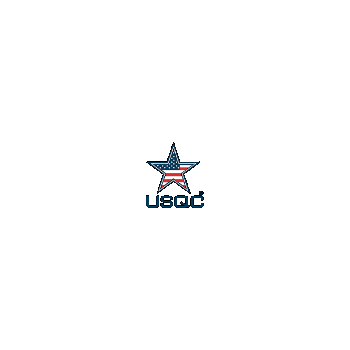Offshore Vessel Management and Self Assessment (OVMSA) Workshop
Price: 800$
Training course on the objectives and requirements of the OVMSA Best Practice Guide.
Objectives
To get familiarize with the requirements of the OVMSA Best Practice Guide and the cycle of continuous improvement.
Entrance regulations
Knowledge of offshore vessel operation and applicable management systems
Who should attend:
Personnel involved in implementation, maintenance and continuous improvement of the operator’s management system, e.g. safety, health, security, environmental and quality managers, masters, ship officers and engineers, superintendents and managers involved in management or operation of offshore vessels.
Duration:
2 days
This workshop is designed for offshore vessel operators to assist them in assessing and bringing their existing management system into line with this new industry guideline. Although it is not mandatory, similar to TMSA, it is a way for vessel operators to distinguish themselves from others and responding to a certain pressure from the industry to conform.
Additionally, to be in compliance with the requirements of the ISM Code 1.2.3, companies operating offshore vessels have to take into account the OVMSA Best Practice Guide issued and recommended by OCIMF.
The workshop provides practical support to improve your overall performance beyond what is required by the ISM Code and other management systems.
It covers the purpose and scope of OVMSA Best Practice Guide and introduces the 12 principles of management practice for offshore vessels. Participants will learn a systematic approach to the self-assessment process and how to make beneficial use of the measurement data collected by the vessel operator.
The course focuses on:
- Comparison ISM Code requirements and OVMSA Guidance
- The PAMI (Plan, Act, Measure and Improve) cycle for continuous improvement
- Working with KPIs (key performance indicators) and using them as a basis for decision making
- Conducting a gap analysis
- A practical step by step approach for application of the self assessment tool
- Offshore operations, specialized activities and management of contractors
- The management of change process

